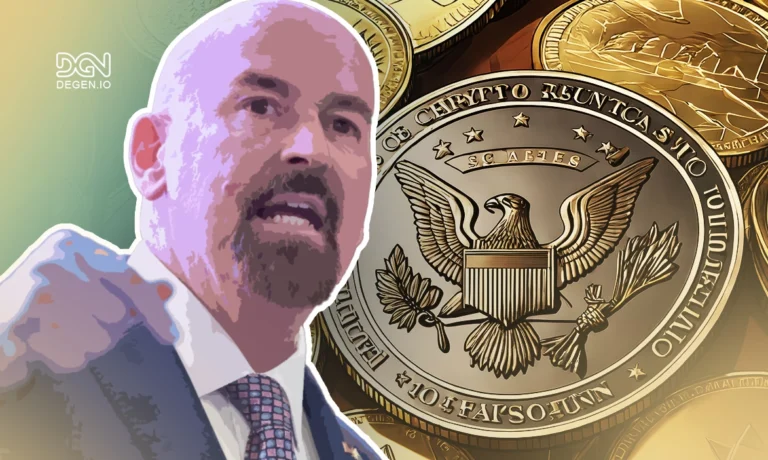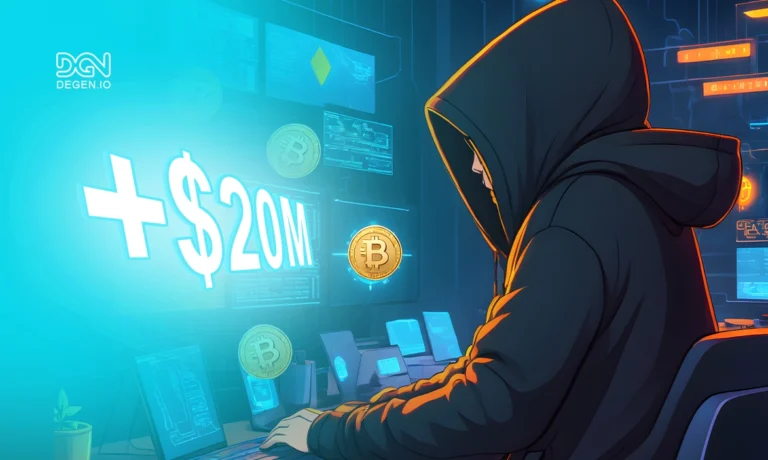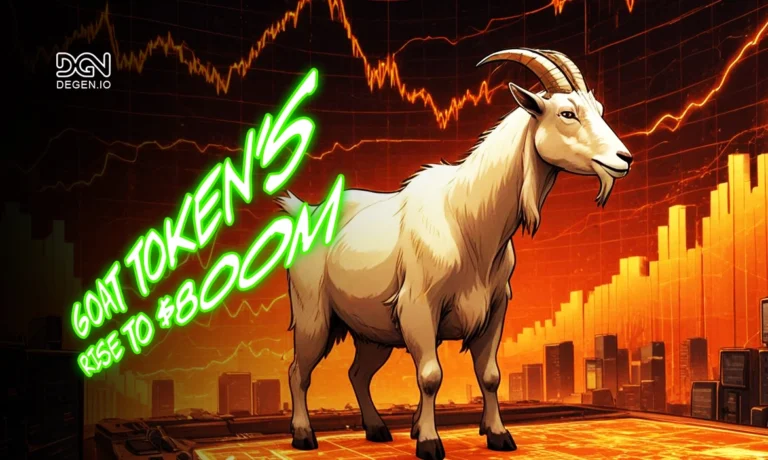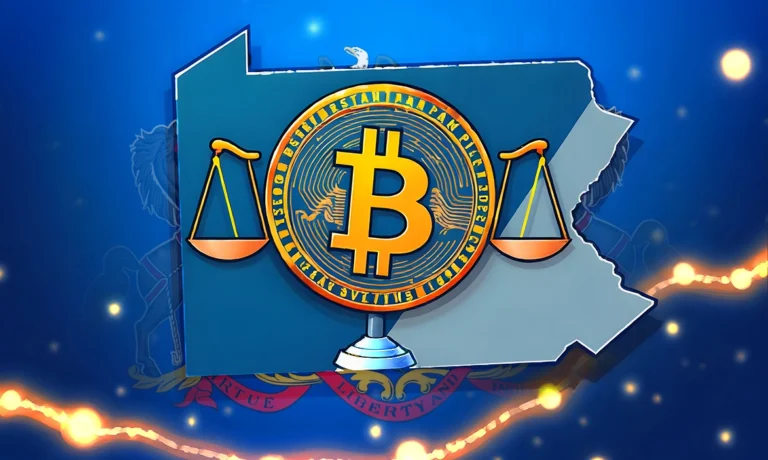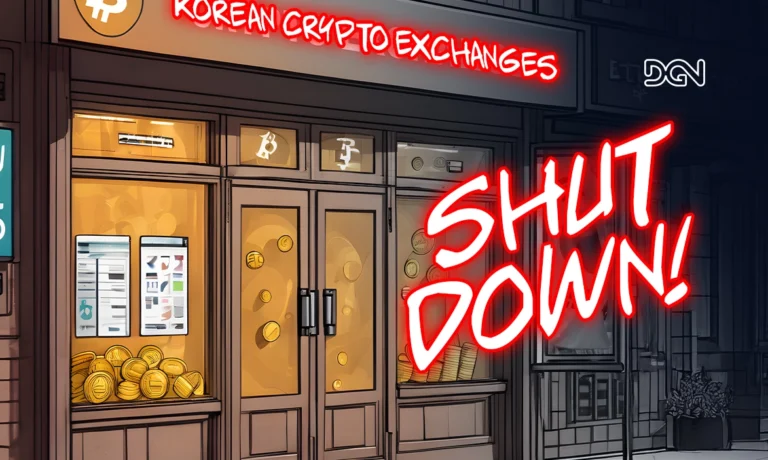In a striking example of the high risks involved in memecoin trading, a cryptocurrency trader lost approximately $450,000 in under 40 minutes while trading a new memecoin called ANT on Solana’s Radium automated market maker (AMM) platform. The trade, involving 3,396 SOL tokens (worth about $587,000), left the trader with just 773 SOL, valued at roughly $134,000, a significant loss in such a short span.
This incident, reported by the on-chain analysis platform Lookonchain on October 24, has attracted attention as it underscores the unpredictable and high-stakes environment surrounding memecoin investments. Like many memecoins, the ANT token saw rapid interest and speculative trading, which ultimately led to an abrupt drop in value for this trader.
The Rise and Appeal of ANT Among Memecoin Investors
ANT, short for “Claude (ANT),” quickly drew the attention of the crypto community due to its intriguing backstory and connection with artificial intelligence technology. Launched on the Solana blockchain by Anthropic AI, the ANT is the first of its kind tied to Solana’s Claude AI feature, which allows generative AI to mimic human-like interactions. The token’s unique position as one of the few AI-backed memecoins gave it a veneer of potential utility, distinct from the typically frivolous nature of memecoins. However, ANT is not alone in this category; other AI-linked tokens, such as SLOP, have also emerged and garnered interest due to their ties with artificial intelligence and perceived value.
The trader’s losses occurred amidst a broader sell-off in ANT, which at one point had a market cap of $25 million before plummeting to its current valuation of approximately $4.6 million. The precise cause behind ANT’s dramatic price drop remains uncertain, though it highlights the unpredictable volatility often observed in memecoins. Investors drawn to such tokens often face extreme gains and losses as these assets are highly speculative and sensitive to market sentiment.
The Inherent Risks of Memecoin Trading on Solana’s Network

Solana’s network, where ANT was created, has become a well-known hub for memecoins, thanks to its Pump.fun tool, which enables rapid creation of these tokens with minimal technical skill required. While this accessibility has allowed new tokens to flood the market, it has also drawn criticism for fostering “pump and dump” schemes, where the value of a token is artificially inflated only to be swiftly sold off, leading to large financial losses for investors.
The ANT token was created on Solana’s platform using this Pump.fun tool, which has become popular among users looking to quickly launch memecoins. Critics argue that this ease of access has given rise to tokens that are often subject to extreme price volatility and susceptible to scams. As seen in this recent case, traders in these tokens may experience substantial financial setbacks, and many investors are advised only to invest amounts they can afford to lose due to the speculative nature of the memecoin market.
Also read: Uniswap’s Cross-Chain Feature Shakes Up Crypto Market, Challenging Binance’s Dominance
Memecoins, known for their rapid price fluctuations and potential for double-digit losses, carry significant risk, especially for those looking to make short-term profits. This incident with ANT serves as a cautionary tale for investors, emphasizing the importance of risk management when trading in these highly volatile digital assets.



